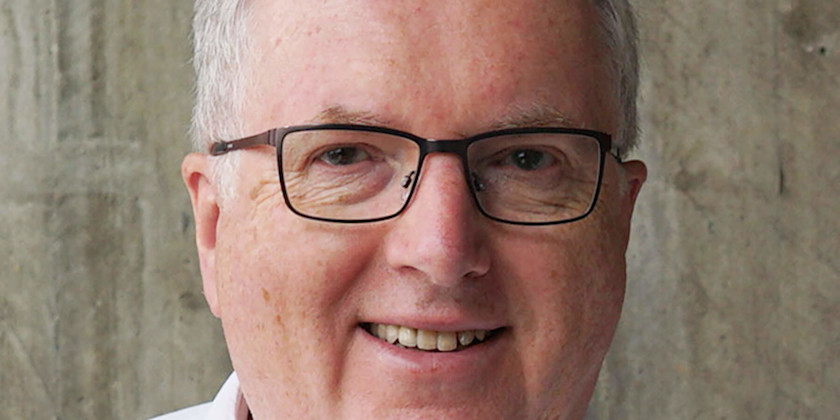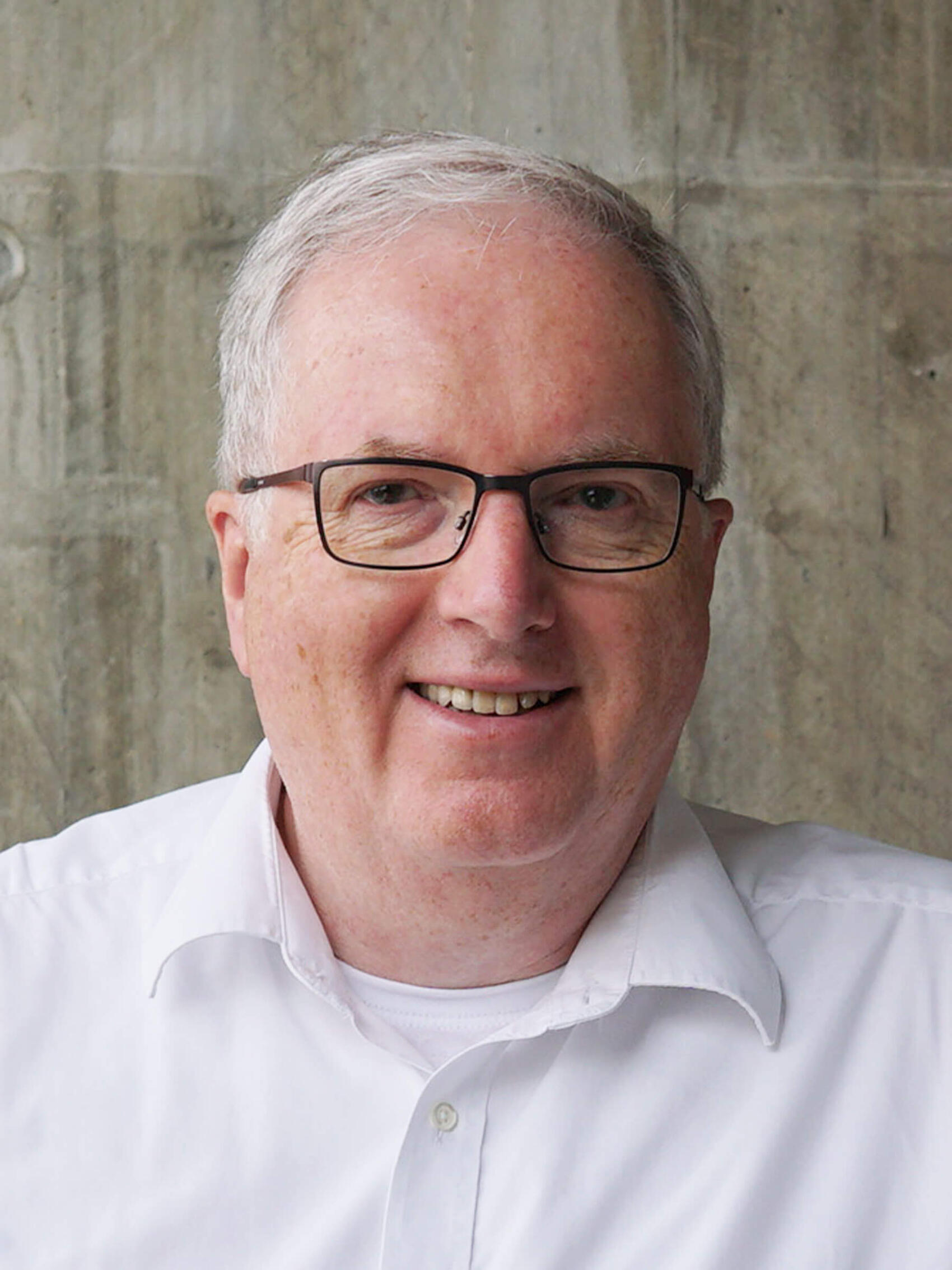
Excellent
Qunoscore
Dr. Rüdiger Heicappell, MD, Professor of Urology
Asklepios Clinic Uckermark, Berlin, Germany
Practising since 1983
Prostate Cancer Treatment from€0
About Dr. Rüdiger Heicappell
Dr. Heicappell holds board certifications in Urology, Urologic Surgery, and Andrology for almost 30 years. He is specialized in therapy of urologic cancer as well as the treatment of erectile dysfunction, and male fertility. Moreover, Dr. Heicappell is a Professor of Urology at Freie Universität Berlin and currently serves as an academic teacher at the Pomeranian Medical University in Szczecin, Poland.
12,500
Treatments performed
42
Years of Experience
English, German
Languages Spoken
Education (3)
Career & Professional activities (7)
Qunoscore
Excellent
Qunoscore
Dr. Rüdiger Heicappell, MD, Professor of Urology has achieved 28 out of 35 points and is awarded with a Qunoscore of 9.3, Excellent.
Qunoscore allows you to compare hospitals and medical specialists from all over the world on a level playing field, and confidently choose the right professionals for your individual needs.
Qualification
Services offered
Value for money
Patient reviews
Clinic
Google Maps was not loaded due to privacy settings.
Please check your cookie preferences and reload the page.
Am Klinikum 1, 16303 Schwedt/Oder, Deutschland
Schwedt/Oder, Germany
Asklepios was founded in 1985 and is today Europe's largest privately family-owned clinic operator with around 150 health care facilities. Their entrepreneurial activities have always been aimed at providing future-oriented medicine for all patients entrusted to their care, based on the highest quality standards. They are represented in Germany with medical facilities in 14 federal states.
Good to know
Below find some of the frequently asked questions about your procedure and the trip.
